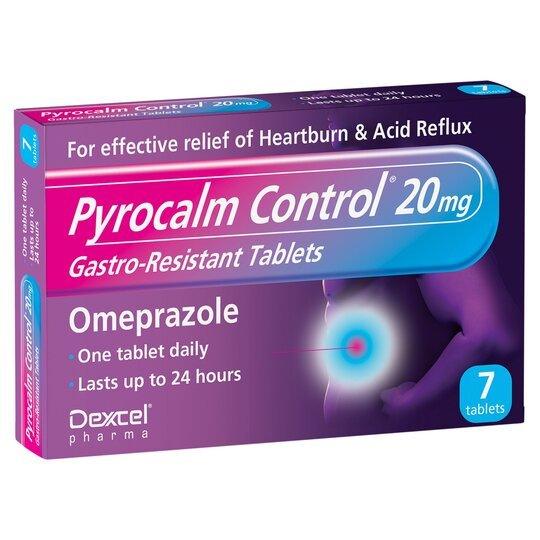5 products
-
Buscopan IBS Relief Tablets
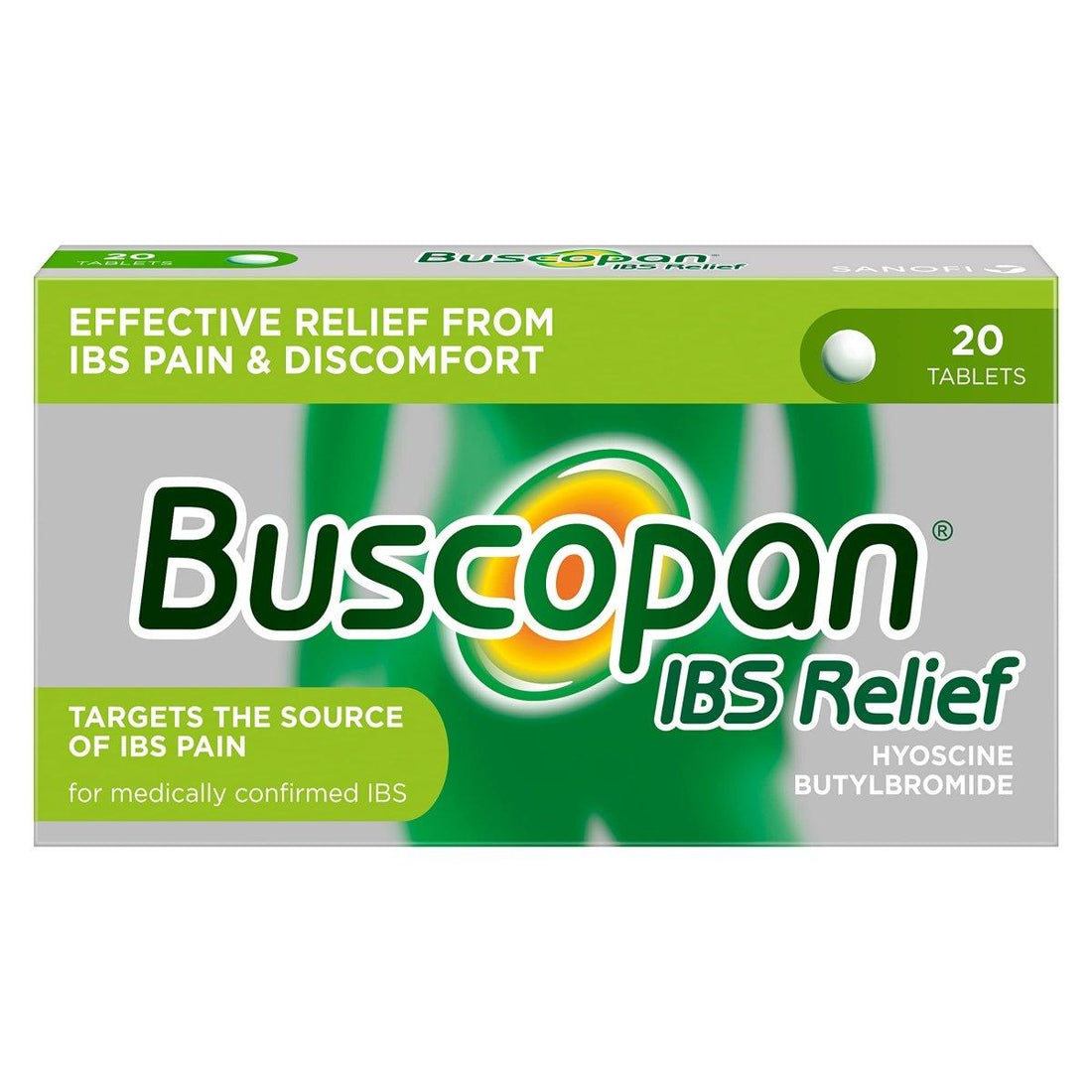 Buscopan IBS Relief Tablets
Buscopan IBS Relief Tablets- Regular price
-
£ 5.90 £ 8.90 - Regular price
-
- Sale price
-
£ 5.90 £ 8.90
-
Glycerin 1g For Constipation Infant Size – 12 Suppositories (Brand May Vary)
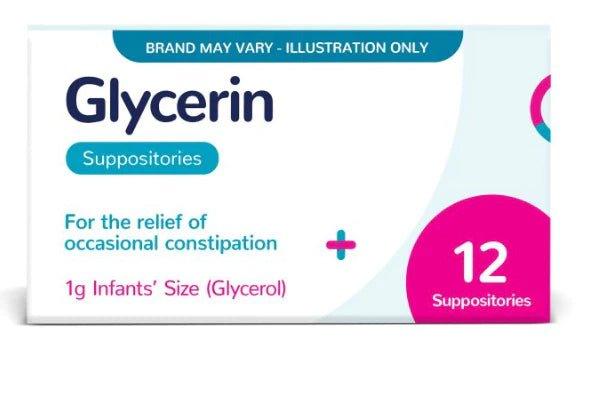 Glycerin 1g For Constipation Infant Size – 12 Suppositories (Brand May Vary)
Glycerin 1g For Constipation Infant Size – 12 Suppositories (Brand May Vary)- Regular price
-
£ 5.90 - Regular price
-
- Sale price
-
£ 5.90
-
Gaviscon Infant Sachets 1+ Years
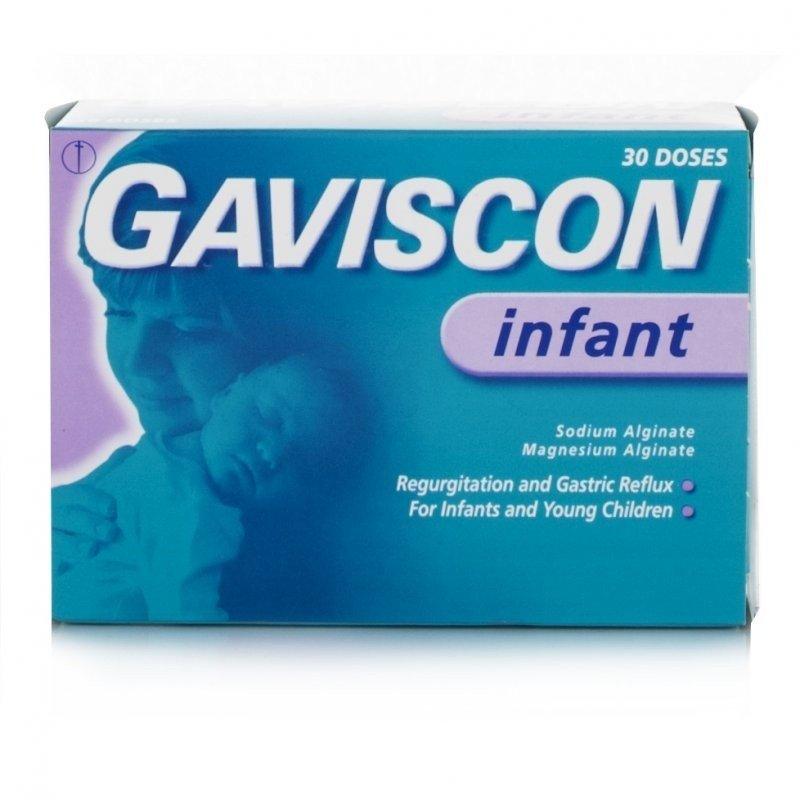 Gaviscon Infant Sachets 1+ Years
Gaviscon Infant Sachets 1+ Years- Regular price
-
£ 8.90 - Regular price
-
- Sale price
-
£ 8.90
-
Buscomint Peppermint Oil 0.2ml G/R 24 Capsules
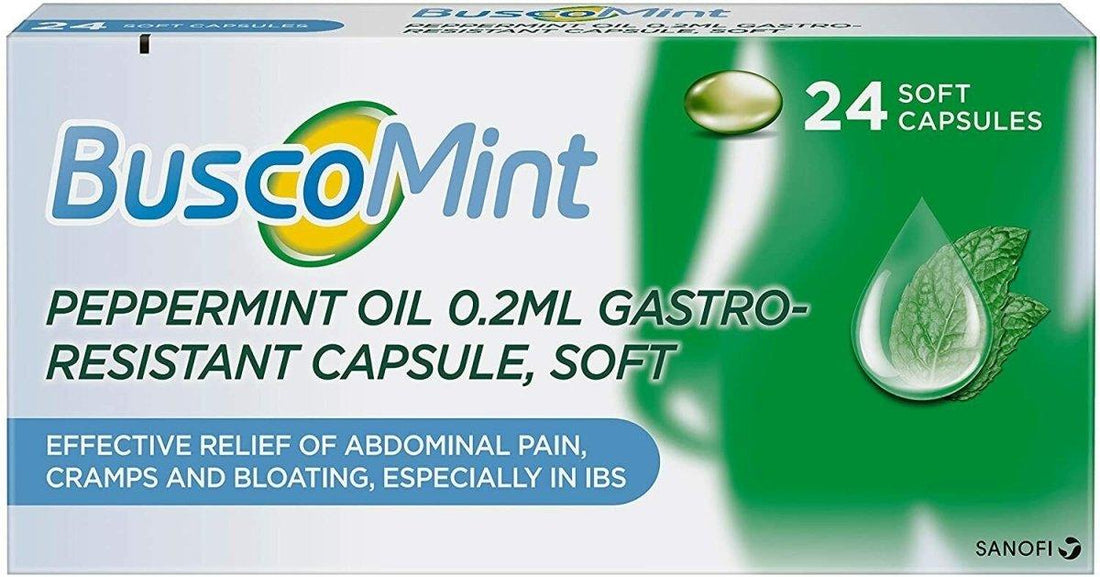 Buscomint Peppermint Oil 0.2ml G/R 24 Capsules
Buscomint Peppermint Oil 0.2ml G/R 24 Capsules- Regular price
-
£ 5.90 - Regular price
-
- Sale price
-
£ 5.90
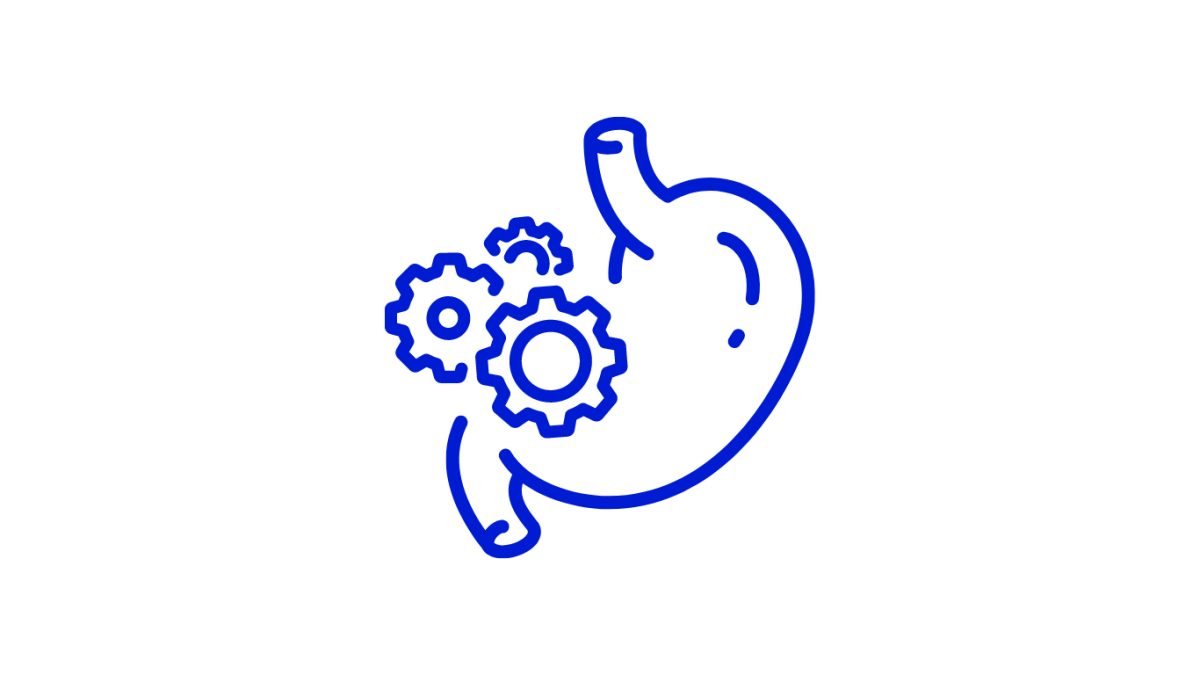
What is Digestion and Stomach?
Cause
Diagnosis
Treatments
Prevention
Further info
FAQs
What are some common digestive issues that people might experience?
How is acid reflux diagnosed?
Are there any lifestyle changes that can help prevent digestive problems?
What are some common treatments for stomach ulcers?
Medically reviewed & approved
This page was medically reviewed by Dr Sohaib Imtiaz (clinical lead) |




We are here to help!
Our Customer Service is available:
Monday to Friday 8 am to 5 pm.
If you need urgent assistance, do not use this service. Call 111, or in an emergency call 999.
More information about our service can be accessed from our knowledge hub below.






